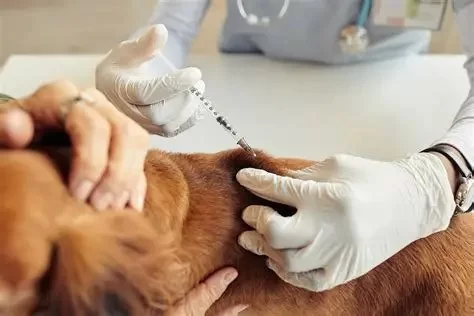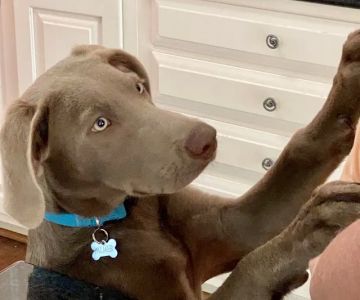- 1 - Why Vaccination Schedules Are Crucial for Pet Health
- 2 - Understanding Core and Non-Core Vaccines
- 3 - Puppy and Kitten Vaccination Timelines
- 4 - Adult Pet Vaccination Maintenance
- 5 - Real-Life Case: Preventing Serious Illness
- 6 - Working with Your Veterinarian for Optimal Schedules
1 - Why Vaccination Schedules Are Crucial for Pet Health
Vaccination schedules are more than just dates on a calendar — they are a proactive shield against potentially fatal diseases. Following your veterinarian’s recommended plan ensures your pet is protected at the right times, reducing their vulnerability to illnesses like rabies, parvovirus, and feline leukemia. For many pets, the timing of a vaccine can mean the difference between a mild illness and a life-threatening condition.
2 - Understanding Core and Non-Core Vaccines
Veterinary vaccination schedules are divided into core and non-core vaccines. Core vaccines are essential for all pets, regardless of lifestyle or location, while non-core vaccines are given based on specific risk factors. For example, a dog that frequently visits boarding facilities may need the Bordetella vaccine, while a mostly indoor cat might not. A thorough consultation at Hidden Brook Veterinary can help you determine the right balance for your pet’s unique needs.

313 E Hallandale Beach Blvd, Hallandale Beach, FL 33009, USA
See Details3 - Puppy and Kitten Vaccination Timelines
Puppies and kittens require a series of vaccines starting as early as six to eight weeks old. These initial shots are followed by boosters every few weeks until they are about 16 weeks old. The staggered approach allows their immune systems to build strong, lasting defenses. Missing a booster can leave your young pet unprotected during a critical growth stage, so staying on schedule is essential.
4 - Adult Pet Vaccination Maintenance
Once pets reach adulthood, vaccinations shift from frequent boosters to maintenance doses — often annually or every three years, depending on the vaccine. Regular wellness exams are the perfect opportunity to review and update their schedule. Inconsistent vaccination can lead to immunity gaps, so keeping a clear record is key.
5 - Real-Life Case: Preventing Serious Illness
In one notable case, a family dog named Max avoided a serious parvovirus outbreak in the neighborhood simply because his owners had followed his vaccination schedule diligently. Several unvaccinated dogs nearby fell ill, but Max remained healthy. This highlights that vaccination isn’t just about individual pets — it’s about protecting the entire community.
6 - Working with Your Veterinarian for Optimal Schedules
Every pet’s health history, lifestyle, and age affect their vaccination needs. A veterinarian can tailor a schedule that minimizes unnecessary vaccines while maximizing protection. At Hidden Brook Veterinary, personalized vaccination plans are designed to fit your pet’s exact risk profile, ensuring they receive the right protection at the right time.











